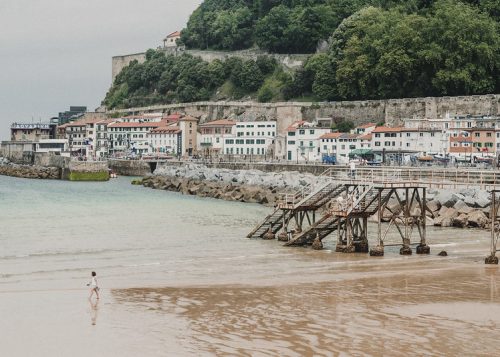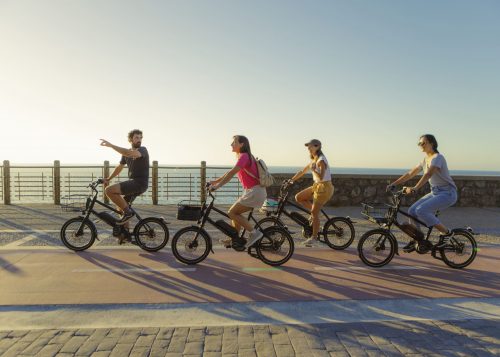Basque mythology
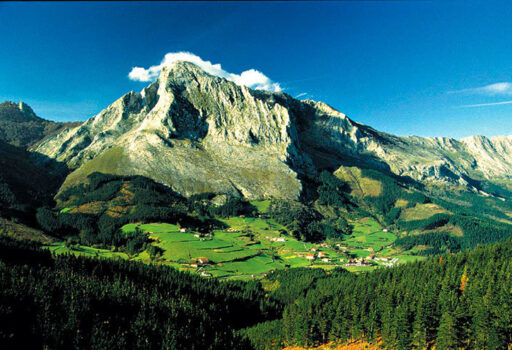
Before the arrival of Christianity in the Basque Country, the ancient inhabitants of our region, belonging to different tribes and speakers of Proto-Basque, had their own belief system. Basque mythology had its gods, supernatural beings and legends, which, although nobody believes in them any more, are still very much alive in many of our traditions and place names.
Of course, many of our characters are not exclusively Basque, and in areas of the Cantabrian coast and the Pyrenees there are similar versions of these characters, if not the same with a different name. It is quite possible that in ancient times these beliefs were shared with other tribes, either because of external influences or because the extent of Basque influence was much greater than it is today.
Be that as it may, Basque mythology is very rich and that is why we are going to present some of our most important figures and legends.
Mari
The main goddess of Basque mythology, sometimes confused with Amalur (Mother Earth), is usually presented as a woman with blonde hair that she brushes with a golden comb. Her partner is Sugaar and she has two sons Mikelats (the evil son) and Atarrabi (the kind son). She lives in the caves of the mountain peaks of the Basque Country, Anboto being the main one. According to the legends, she changes caves every 7 years, and depending on which summit she is in, the climate changes: if she is in Anboto it rains, if she is in Aloña there is a drought and if she is in Supelegor the harvests are abundant.

To travel from one summit to another, Mari flies on a ram. Illustration by La Pecera.
Mari is also the lady of the interior of the earth, of its goods and of the water of the springs. She is in charge of punishing lies, pride and theft, and of dispensing justice. When you go to visit her to ask for favours, you must always speak to her as “you” (hika), leave the cave as you entered it (without turning your back on her, for example) and you cannot sit down in her presence, even if she offers you to do so. Although it may seem so, she is not an evil goddess, but she is severe and strict.
Eguzkilore
The eguzkilore, literally “sun flower”, is a type of thistle that is very typical of the Basque mountains. But it is also a symbol of protection, which is why we can find jewellery, T-shirts, decorative objects and souvenirs with its image. The most common thing, however, is to see the eguzkilores placed on the doors of farmhouses and houses in the villages, a tradition whose origin lies in one of the best-known legends of Basque mythology.
In ancient times, Amalur created humans, who wandered the world in a perpetual night. The night was a dangerous place, full of witches, evil spirits and demons that took children away. The humans, tired of the situation, asked Amalur for help to protect themselves, and she decided to create the moon. Thus, its weak light drove away the dangers of the night for a while.
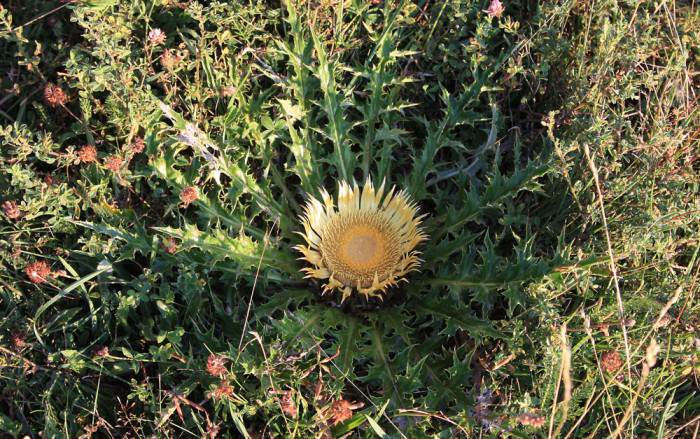
The eguzkilore is a protected species, and as such it is forbidden to collect it. Photo by floresyplantas.net.
But the evil spirits, witches and demons soon got used to that light, attacking the humans again. They again asked for help from Amalur, who this time decided to create a brighter light, the sun. The sun finally scared away the dangers of the night, who did not venture out during the day, finally leaving the humans alone. Amalur, knowing that during the hours when the sun disappeared, dangers would still lurk, created the eguzkilore, and urged humans to place this dried flower on the doors of their homes. Thus, the evils of the night, upon seeing it, would be frightened away, preventing them from entering the houses.
The Jentil
The jentil, or jentilak in Basque, were an ancient race of giants that inhabited the mountains of the Basque Country. They had supernatural strength and liked to throw huge stones over great distances. Today we know these stones to be menhirs, cromlechs or dolmens. They were also the first to work stone and iron, grow wheat and grind it in mills. Pre-Christian pagans, they are the symbolic representation of the Basques prior to the Romanisation and Christianisation of the Basque Country.
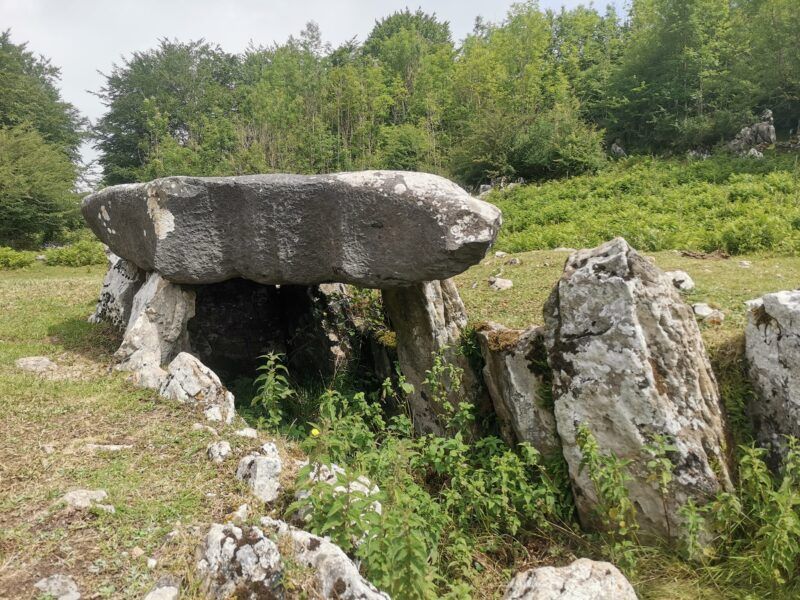
Dolmen of Jentilarri (literally “stone of the jentils”) in the Aralar mountain range. Photo by Donosticity.org.
Today there are no jentils left because they all hid underground. With the birth of Christ, a bright light appeared in the sky, not knowing what it meant, the jentils turned to the eldest for answers. He simply replied: “That light announces the coming of Kixmi (Christ), it is the end of our race”. After listening to him, all the jentils decided to go underground, into the bowels of Amalur, their protector, never to come to the surface again. Only two decided not to go into the interior of the world: Basajaun and Olentzero.
Basajaun to protect the forests and mountains, the herds and wild animals, in fact his name means “lord of the forests” in Basque. And the Olentzero to go down to the villages and bring the news of Christ’s arrival, his first Christmas gift.
Obviously, Basque mythology has many more characters and legends, but we will leave these for another time. Or you can sign up for one of our tours and ask us about them!
Related tours
